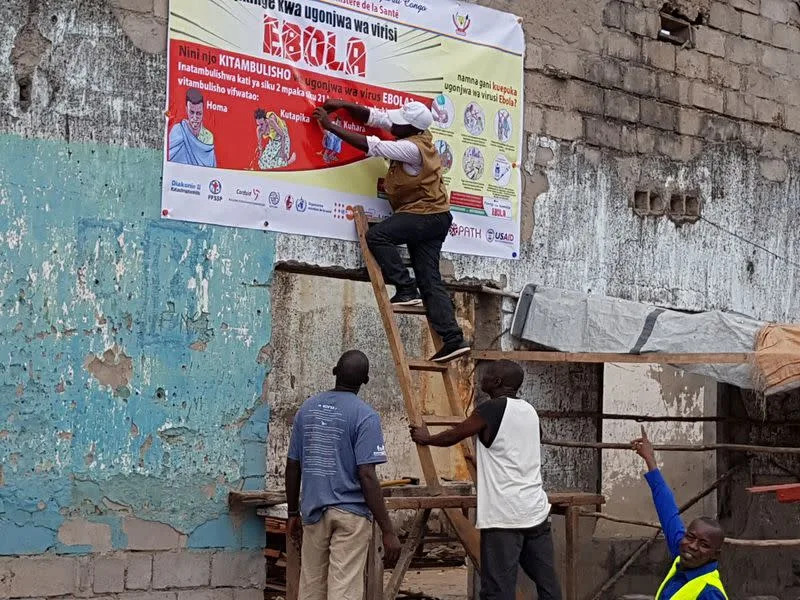The World Health Organization (WHO) on Friday recommended two treatments with monoclonal antibodies against Ebola, saying that the use of these drugs, combined with better care, has “revolutionized” the treatment of a disease that was previously considered near fatal. .
The drugs, Regeneron’s Inmazeb (REGN-EB3) and Ridgeback Bio’s Ebanga (mAb114), use laboratory-made monoclonal antibodies that mimic natural antibodies in fighting infection.
“Advances in supportive care and therapeutics over the last decade have revolutionized Ebola treatment. Ebola virus disease used to be perceived as almost certain death. However, that is no longer the case,” said Robert Fowler , professor at the University of Toronto, Canada, and co-chair of the WHO guideline development group.
Effective care and the use of these treatments are now allowing the “vast majority” of Ebola patients to recover, he said, without giving specifics.
The new recommendations follow trials of hemorrhagic fever drugs in the Democratic Republic of the Congo during an outbreak in that country between 2018 and 2020.
Dr. Janet Diaz, head of the clinical management unit of the WHO Health Emergencies program, told reporters that the drugs are currently available in Congo, but more work needs to be done to improve affordability.
“Access roads are a priority that need to be worked on right now,” she said.

